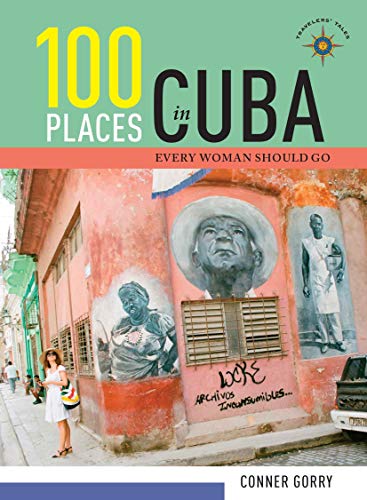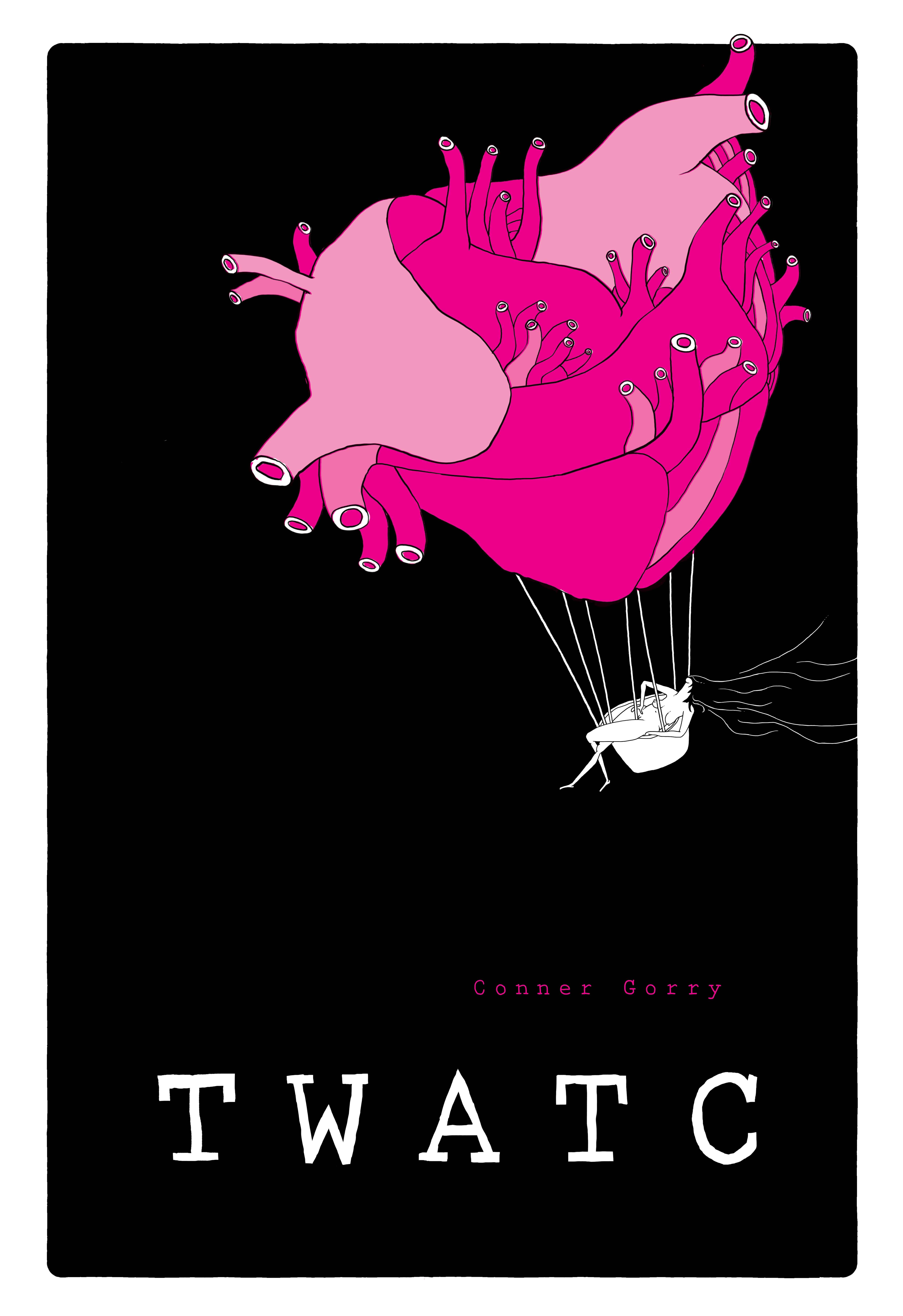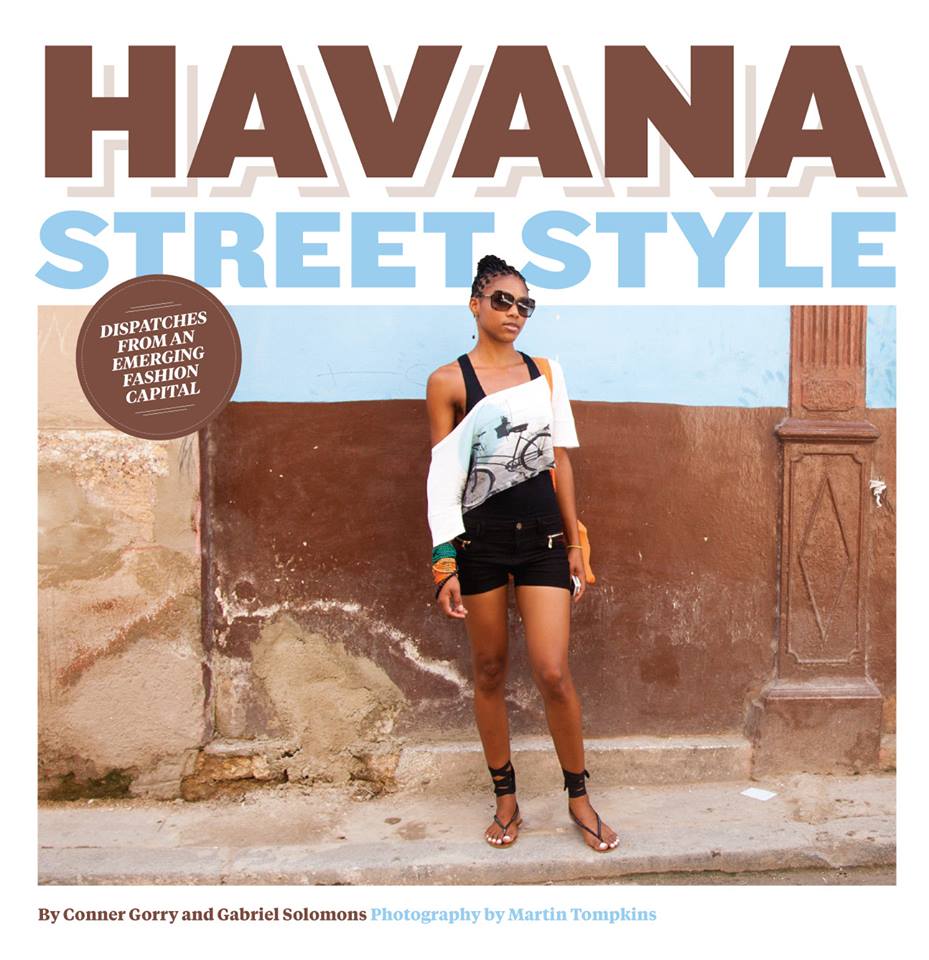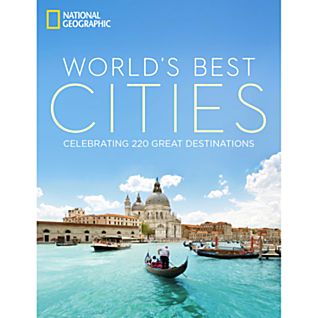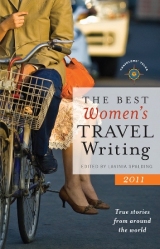[tweetmeme source=”connergo” only_single=false]
Maybe it’s me, but certain zingers people have sent my way 10, even 25 years ago I just can’t shake (note 1). There was the time in elementary school when the Mean Girl said: ‘ever wonder why you have no friends?’ I responded: ‘I have friends you don’t even know about.’ Pretty clever in my 10-year old estimation, but she didn’t miss a beat. ‘That’s because they’re imaginary.’ Ouch.
Then, some years later, a different Mean Girl (yeah, I was the one everyone loved to pummel – metaphorically and literally), shot my ego to shit when she told me I’d be better looking as a guy. This memory floated to the surface when I was covering the Cuban disaster team in Haiti and a doctor in our camp nicknamed me Tom Cruise. He meant it affectionately and now we’re friends, but it kicked up the dust in that toxic corner of my consciousness.
As an adult, here in Havana, what sticks with me is something a stranger said back in 2003. I was researching the Lonely Planet Cuba guide and had rented a car for the eastern portion of the trip. I was in Santiago de Cuba, the heroic city, when I went to return the rental. I still had half a tank of gas, for which there would be no reimbursement. Claro que no. So I walked up to a group of guys clustered around a Lada drinking beers (a popular pastime on this side of the Straits) and proposed selling them the half-tank of gas I wouldn’t be needing.
“Where you from?” one asked me.
“The United States.”
He whistled and cracked his index and middle fingers together in that rapid-fire way Cubans have that looks like they’ve burnt themselves and sounds like bubble wrap popping. “A yuma who knows our mecánica. ¡Peligroso!”
And he and his buddies proceeded to siphon my tank.
I was getting it, beginning to grok how this place works. My gas buyer in Santiago called it dangerous, but I considered mastering the mecánica as my first step towards integration. The first sign of acceptance.
How much I still had to learn…
_____
Some 8 years on, I have a different perspective. Today, despite my mastery of many things Cuban, it feels less like acceptance and more like I’ve got partial membership in a club dubious of my credentials. A club, furthermore, which doesn’t extend full membership to any foreigner, ever (El Che and Máximo Gómez notwithstanding). The heart of the matter is the unalterable fact that I’m not, nor will I ever be, Cuban. Consider the saying: ‘those who aren’t Cuban would pay to be’ and you have an idea of how deep nationalist pride runs.
I’ve got some things working against me to be sure. First, I’m blonde-haired and blue-eyed, making it impossible for me to “pass” as Cuban (at least in Havana; see note 2). Thus, my outsider status is constantly called out. I’m also from ‘los Estamos Jodidos‘ as my friend Mike likes to call los Estados Unidos (see note 3). Hailing from the nasty north carries its own particular baggage in the Cuban context – some good, lots bad – and I pay in a way for that too. Lastly, I’m from New York, a city that makes you feel if you can make it there, you’ll make it anywhere (except maybe in Havana ironically). When someone takes me for a mark or accosts me on the street like happened last week, it’s an insult to my hometown, as if the archetypical concrete jungle didn’t properly prepare me, as if my urban armor were insufficient (see note 4).
_____
In the peculiar social hierarchy that reigns here foreigners are on the bottom rung. It doesn’t matter how long you’ve been here – even friends who’ve clocked 20 or 30 years in Havana struggle with this reality to some extent or another. It’s damn disheartening. And it doesn’t matter how much money you have either since everyone will assume you have mucho.
Allow me a moment to vent about the ‘all-foreigners-are-rich’ stereotype that dogs me. This is an assumption I confront everywhere, every day. In the street and at the market; in conversations with friends and encounters with colleagues. I hate to say it, but this myopic view exposes the ignorance many Cubans have of the real world – that world beyond free education and heavily-subsidized housing, electric bills of 35 cents a month and nearly gratis public transportation.
For me, this rich foreigner perspective is akin to the ‘Kmart is cheaper than the farmers market’ argument: when you factor in all the health, environmental and transportation costs Kmart lettuce is actually much costlier than a similar head bought from farmers. In my case, when you factor in the $60,000 of student loans I’m still carrying, the 30% the US government takes in taxes, plus the 20% cut the Cuban government takes in the exchange rate, my earnings are actually quite paltry. And let’s not forget: la yuma doesn’t have a ration card. (Soon few will, but that’s another post.) I realize I’m better off than some, but I’m also worse off than many others, something beyond comprehension here apparently.
It’s not that I expect Cubans to understand my situation – most know not the wrath of the tax man and certainly nothing of the student loan burden. But just once, I’d love for someone to understand that there might be other factors at work, that I’m not the goose that laid the golden egg or an ATM with legs.
In my youth, I was often told I was spunky, a girl with pluck. Here, (as recently as last week), I was said to lack ‘guara‘ – another of those impossible to translate Cubanisms, but pluck and moxie come pretty close. What is it about this place that makes me feel like I’m 12 again, beating back the Mean Girls every day after school? Is it like this for all foreigners living far from home I wonder? Drop me a line with your experiences; I’d like to hear other viewpoints and try to ratchet down this loneliness a bit.
Notes
1. I wish our mental hard drives had a ‘delete permanently’ function. Yes! Send to trash, damn it!
2. There are plenty of people who look like me here (thanks largely to French immigration in the early 19th century). Unfortunately, the majority of them are in Holguín and other points far to the east.
3. I’ve always loved this play on words which more or less turns the ‘United States’ into ‘We’re Screwed.’
4. I did open up a big ole can of NYC whup ass on the guy that grabbed me from behind, thrusting his hand between my legs. He was scurrying away fast when I was done with him, but that and a couple of bucks will get me on the subway.

